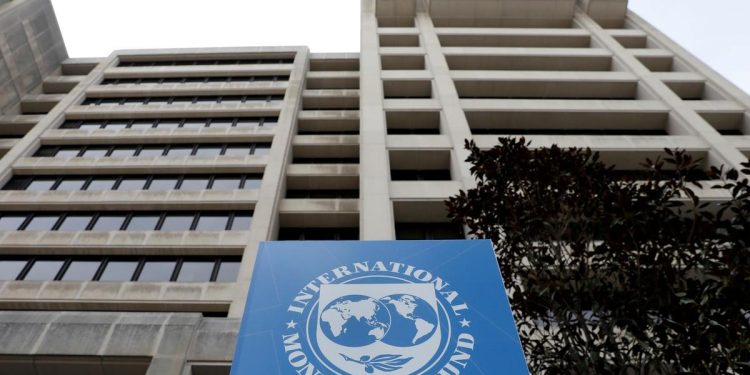Discussions have begun with the authorities about the possibility of the International Monetary Fund(IMF) and the World Bank conducting a comprehensive Financial Sector Assessment Program (FSAP) of Kenya in 2020.
This FSAP will review potential vulnerabilities in both commercial banks and other financial institutions including Savings and Credit Cooperative Societies, Insurance and Reinsurance Companies and the Stock Exchange.
According to a Fiscal Transparency Evaluation Update on Kenya prepared by the IMF, recent events in Kenya’s economy and banking sector have contributed to the deterioration in Kenya’s financial soundness indicators.
It mentions that intervention was required to cover deposits in three commercial banks which defaulted in 2015 and 2016. These are Dubai Bank, Imperial Bank and Chase Bank.
The update notes that Kenya’s banking sector has performed comparatively worse than other East African Community(EAC) member states, excluding Burundi. It attributes the higher non-performing loans ratio relative to other countries, to the interest rate cap that was imposed on Kenya’s banking sector in September 2016.. This law has since been repealed.
According to the Kenya Financial Sector Stability Report, there was an increase in Gross Nonperforming Loans (NPLs) by 19.69 per cent to KSh.316.7 billion in December 2018 from KSh. 264.6 billion in 2017.
As a result, the ratio of gross NPLs to gross loans rose from 12.3 per cent by end 2017 to 12.7 per cent by the end of 2018.
Banks tightened lending standards and increased investment in government securities to mitigate credit risks. Automation of operations and the adoption of financial technologies elevated operational risks and increased the vulnerability of the banking sector to fraud and cyber-crime in 2018.
Banks tightened internal control systems, sensitised customers on fraud and undertook ICT vulnerability assessments and penetration tests to mitigate operational risks. The CBK has also strengthened the AML/CFT risk assessment frameworks to address this risk.
While state-owned National Bank of Kenya(NBK) has been acquired by Kenya Commercial Bank(KCB) Group, the IMF report indicates that the deteriorating financial condition of NBK had strained the aggregate position of the banking sector.
At the height of its financial woes, NBK was the second-highest contributor to non-performing loans (NPLs), accounting for more than for 12 per cent of total NPLs.




